As the sun sets on another year, those who left their mark on 2019 prepare for a new decade – one that will likely face unprecedented political, economic, and moral challenges to the free world.
With 2019 came a growing realization of the scale of domination the Chinese Communist Party has achieved in the developing world – and the depth of the horrors it attempts to get away with using that domination – and the continued threat of authoritarian ideologies on religious minorities, particularly Jews and Christians outside of the West. The year also rang in new hope for conservatives in parts of the world as distant as Taiwan and Latin America, where decade-old leftist regimes came crumbling down.
Below are seven people who rose to the world stage, willingly or otherwise, in 2019, and are poised to leave their mark for good in 2020.
Joshua Wong
Arguably also the boy of the year during the 2014 Umbrella Movement in Hong Kong, protest leader Joshua Wong, now 23, has become the de facto leader of the anti-communist protests in his home city (though always mindful to emphasize that the protest movement is intentionally leaderless).
Millions of the city’s residents have taken the streets since June to make demands that sound relatively harmless to an American ear: the right to vote for the people who write the city’s laws or an independent investigation into the amply-documented human rights abuses committed by Hong Kong police, for example. But the Chinese communist has clearly signaled Wong out as a threat: Hong Kong officials banned Wong from running for a seat on his local District Council and, the product of fabricated charges against him, banned him from leaving the city.
“Wong has no bottom line in morality. Although he is young, he is a political extremist and rogue,” the Global Times, a communist propaganda outlet, wrote of Wong in October.
In 2020, long after Beijing expected the Hong Kong protests to die down, Wong will likely take on an even more prominent role writing columns explaining the reasons behind the pro-democracy movement, standing on the front lines, and taking a substantial amount of the demonization launched the protesters’ way from the Communist Party.
Jeanine Áñez
The first of two heads of state on this list, both women, Áñez was thrust into the international spotlight abruptly in November after Bolivian President Evo Morales chose to resign, taking most of his socialist cabinet with him. Morales, head of the Movement Towards Socialism (MAS) party, had ruled for nearly 14 years and stacked the line of succession with his supporters – who also left when the Organization of American States (OAS) found significant evidence that fraud prompted Morales’ win in the October presidential race. Bolivia had to dig down all the way to its deputy Senate president to find a new head of government: Áñez, a conservative Christian staunchly opposed to Morales’ regime.
In the less than two months since taking office, brandishing a Bible larger than her head – Áñez has taken to picking up the shattered pieces of the republic in the aftermath of Morales’ tenure. Among her first steps in office were to re-establish diplomatic relations with the United States and Israel, bridges Morales had burned to bring Bolivia into the orbit of countries like China, Russia, and Cuba. Áñez also expelled hundreds of communist Cuban state agents masquerading as doctors that Morales had invited into Bolivia to help him maintain power.
Áñez has also had to struggle against Morales himself, who fled to Mexico and claimed he was a victim of a “coup,” despite the military playing no role in his decision to resign. Áñez administration published evidence revealing not only that Morales was actively undermining her leadership, but that he was organizing violent mobs to paralyze the nation’s economy and turn the people against her. An audio clip the Bolivian government played to reporters revealed a voice believed to be Morales’ instructing leftist rioters to not “let food into the cities,” essentially organizing a famine. Áñez’s regime has filed a petition with the International Criminal Court at The Hague against Morales.
Áñez’s biggest challenge lies ahead, however: organizing a free and fair election to replace Morales. She has vowed not to run in any special election – though she hasn’t dismissed the possibility of running for president again while she is not currently an unelected president – and has slogged through a months-long legal process that has yet to result in an official election date. Her legacy will undoubtedly be determined by what the special election she organizes looks like in 2020.
Leah Sharibu
Indisputably the least intentional person on this list, Leah Sharibu is a 16-year-old girl kidnapped by Boko Haram from her town of Dapchi, northern Nigeria, in 2018. For some months thought dead, a recently published Boko Haram propaganda video declared her still alive and demanded a ransom for her freedom.
Sharibu is on this list because she has become a beacon of faith for fellow persecuted Christians. She was 14 when abducted and is the only one of 110 girls from Dapchi to remain in captivity because she refused to convert to Islam under custody. Shortly after the release of the other 109 girls, her parents told reporters authorities had told them that Sharibu remained in captivity because she refused to renounce Christ.
In July, a Christian captive appearing in a Boko Haram propaganda video claimed that the terrorists had killed Sharibu, writing a tragic end to a story of uncommon courage. Hope surfaced for Sharibu’s family in mid-December, when another Christian captive confirmed that Sharibu was alive in a Boko Haram video not specifically dated but known to be newer than the one claiming Sharibu was dead.
Sharibu’s fate will be pivotal to the cause against Boko Haram in 2020. If alive, Sharibu’s resilience will serve as an inspiration and she herself, if she chooses, will have the opportunity to tell her story to the world and give hope to others suffering for their faith. If Boko Haram terrorists did kill her, the strength of Sharibu’s faith will be no less inspiring, but the tragedy will shine a light of the Nigerian government’s repeated, and difficult to believe, claims that Boko Haram no longer exists, which President Muhammadu Buhari has been making in one form or another since 2015.
Tsai Ing-wen
The president of Taiwan heads into 2020 with only ten days to go for the national presidential election, in a year in which Taiwanese officials warn that the Communist Party of China is attempting to distort the legitimacy of the election more than ever. Tsai took power four years ago as the head of the Democratic Progressive Party (DPP), which asserts the reality of Taiwanese sovereignty, as opposed to its rival Kuomintang party, which prefers friendly relations with Beijing. Tsai’s party took a devastating hit in the 2018 midterm elections after China bullied or bribed several of Taiwan’s partners to no longer recognize it as a sovereign nation. Fearing economic retribution, Taiwanese voters shied away from Tsai’s direct approach to the evil that China presents.
A major factor in the 2020 election that was not present in 2018 is the Hong Kong protest movement, which has rekindled anti-communist sentiment on the island. Under Tsai, Taiwan has welcomed Hong Kong protest leaders like Joshua Wong and vocally supported their cause.
If Tsai wins in 2020, she will maintain her position, in her words, as the leader of “the first line of defense for democratic values.” If she does not, Tsai has made clear she will remain a passionate supporter of freedom around the world, from backing the Hong Kong protesters to meeting with Cuban dissidents.
José Daniel Ferrer
The head of the Patriotic Union of Cuba (UNPACU), the largest dissident organization on the island, has been missing since October 1, shortly following the group organizing a pro-democracy rally to honor Our Lady of Charity, the patron saint of Cuba. UNPACU has for years been at the forefront of the fight against communism on the island, organizing assemblies urging the world to support the cause of freedom for Cuba coinciding with several notable events in recent memory, including visits by Pope Francis, Barack Obama, and the king and queen of Spain. The September rally appeared to intimidate the Cuban Communist Party, however, given its tremendous popularity and success in attracting international attention. State police violently arrested over 100 dissidents who participated in that event.
Then, the next month, José Daniel Ferrer disappeared. Police announced his arrest without specifying charges shortly after his disappearance and have limited the access his wife, Nelva Ortega, and children have to him for legal visits. Ortega and the two oldest of his six children, along with the couple’s infant, have repeatedly demanded the right to regularly access Ferrer and confirm that he is being treated humanely with public protests.
When authorities finally let Ortega see Ferrer, she found him in a dire state of health. State agents were “supplying dirty and/or semi-fecal, fetid and pestilent waters for drinking, and spoiled food that were causing him acute acidity to his already aggravated chronic disease of gastritis and ulcer,” according to Cuban Prisoners Defenders, a human rights organization. Ferrer temporarily went on hunger strike to demand edible food.
The protests have resulted in Ortega and the children also temporarily arrested and detained without cause on several occasions. Following Ortega’s arrest in November, the Communist Party newspaper Granma claimed that Ferrer was “a salaried agent of the United States with a long history of provocative actions, disruption of public order, and violations of the law.” Granma claimed Ferrer was facing charges of abducting and severely beating an unnamed Cuban citizen, but provided no evidence for its claims and Ortega says authorities have not made Ferrer or his attorney aware of such charges.
As of this Sunday, Ortega said that, in response to international pressure, Ferrer appears to be receiving edible food and some medical treatment, but his legal situation remains as ambiguous as it was when he disappeared. He reportedly remains in solitary confinement.
Ferrer’s case returns to the international spotlight the brutality of the Cuban communist regime – a close ally of radical leftist and terrorist groups throughout Latin America as well as rogue states like China. His improved state also serves as a reminder at the beginning of a new decade of the power of international human rights pressure to force rogue states to modify their cruelty, and offers hope that more attention to his case may result in his freedom.
Marina Amaral
The only person on this list that does not qualify as a politician, human rights activist, or victim of a human rights atrocity, Marina Amaral is a Brazilian historian and artist who specializes in colorizing historical images. She has dedicated her talents to a wide range of historical moments, from the wild American West to the fall of Czar Nicholas II of Russia.
Her most stirring project yet is called Faces of Auschwitz: in cooperation with the Auschwitz Memorial and Museum, Amaral is colorizing images of those killed by Nazi Germany during the Holocaust. The museum is providing biographical information that brings into stark relief the fact that the millions killed were all individuals, human beings with fears and desires that the statistical reality of their mass murder can sometimes make overwhelming to remember.
Last story of the year: Aron Löwi, a Polish Jew, was born in a village of Dulowa on 15 April 1879.
He died in Auschwitz 5 days after his arrival, at the age of 62.https://t.co/V5L6y1jLGr
— Marina Amaral (@marinamaral2) December 27, 2019
The reason she is on this list is because we live in a period in which extremism is taking advantage of eroding historical memory. In America’s Northeast, anti-semitic attacks are on the rise less than a century after the Holocaust. A recent poll found that support for communism, an ideology that has killed over 100 million people and counting, is on the rise among America’s youth. Amaral’s work helps make more visceral what is at stake when we forget our shared human history.
Mihrigul Tursun
Concentration camps are not, unfortunately, a historical artifact to be looked at merely in horror from afar. At least one nation, China, is using them in an attempt to exterminate its ethnic and religious minorities, particularly Muslim minorities. Mihrigul Tursun is a Uyghur from western Xinjiang province, China, where the Communist Party is believed to have built up at least 1200 concentration camps for Uyghurs, Kazakhs, Kyrgyz, and other ethnic and religious minorities. She is one of the few Uyghurs known to have survived the camps, which are believed to hold as many as 3 million people, and one of the few China has been so threatened by as to personally slander her.
Tursun has traveled the globe telling her story: China imprisoned her and her infant triplets, killing one of them and forcing her into indoctrination and torture. She attests to being subject to electroshock torture and survived after American officials intervened. She believes she was arrested because she had studied in Egypt, a Muslim country, and married an Egyptian man.
In an attempt to discredit her nearly a year after Tursun began speaking out publicly against the Communist Party, Chinese state propaganda claimed she was actually arrested for “inciting hatred,” without specifying what that meant, and added the lurid detail that she allegedly had syphilis, a sexually transmitted disease, when police arrested her. In the immediate aftermath of Tursun telling her story in Washington, Chinese media claimed that the Chinese public had “laughed” at her suffering, but as Tursun persisted, state newspapers elevated their personal attacks against her.
Tursun has shown no indication she intends to stop condemning China for its human rights atrocities. As she continues to speak out in 2020, expect Chinese government media to make increasingly outrageous claims about her personal life.
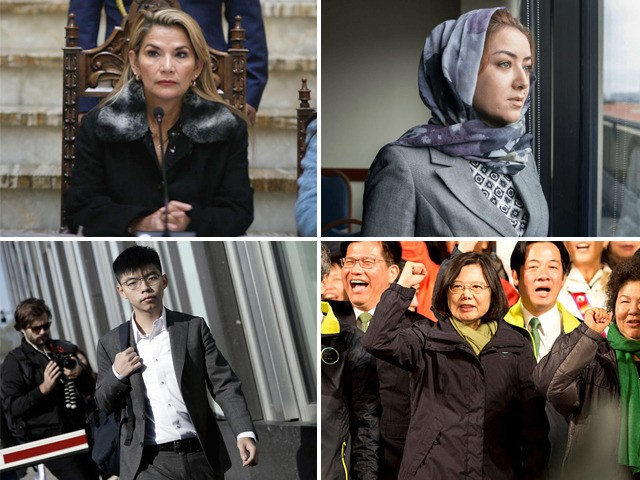
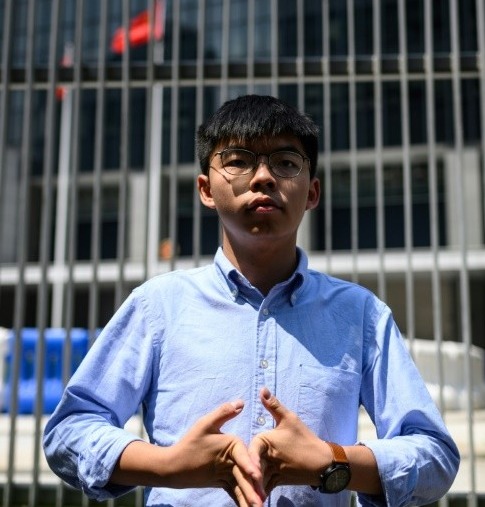
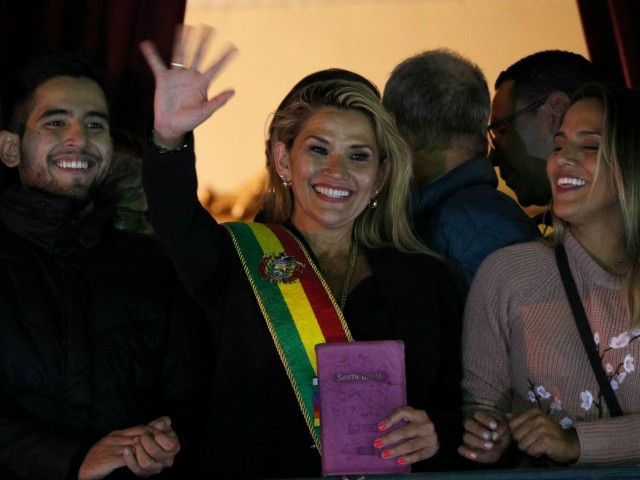
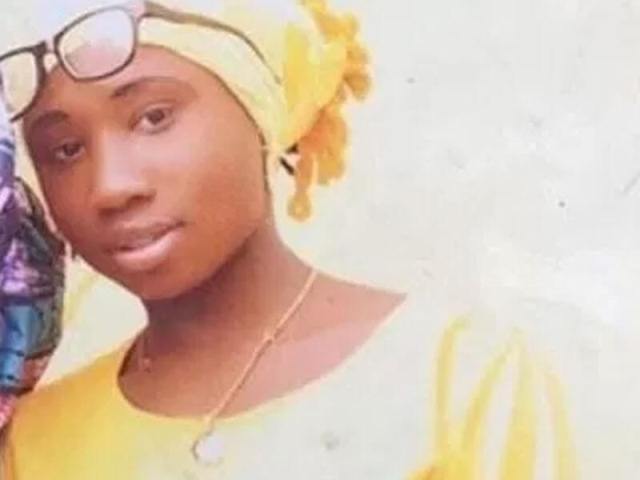
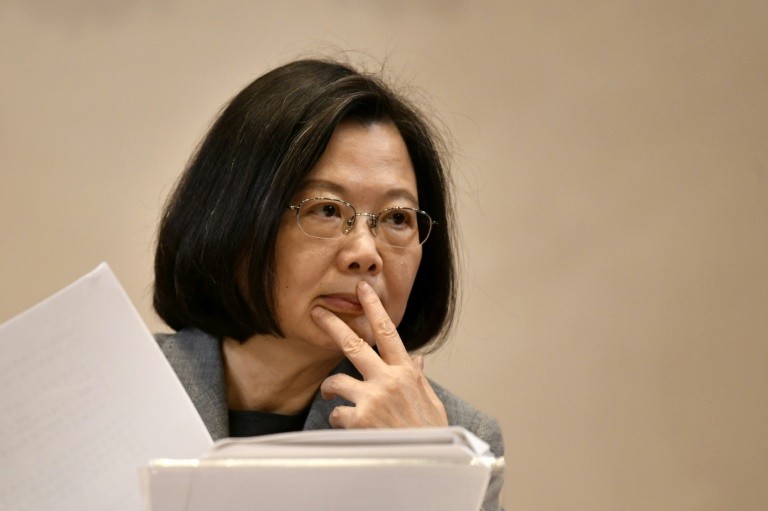
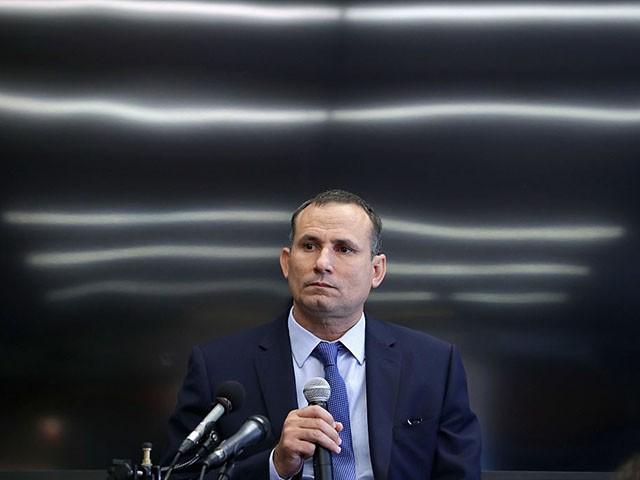
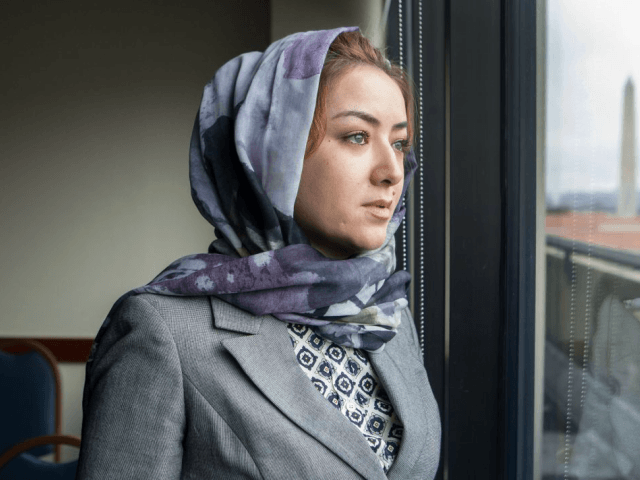
COMMENTS
Please let us know if you're having issues with commenting.